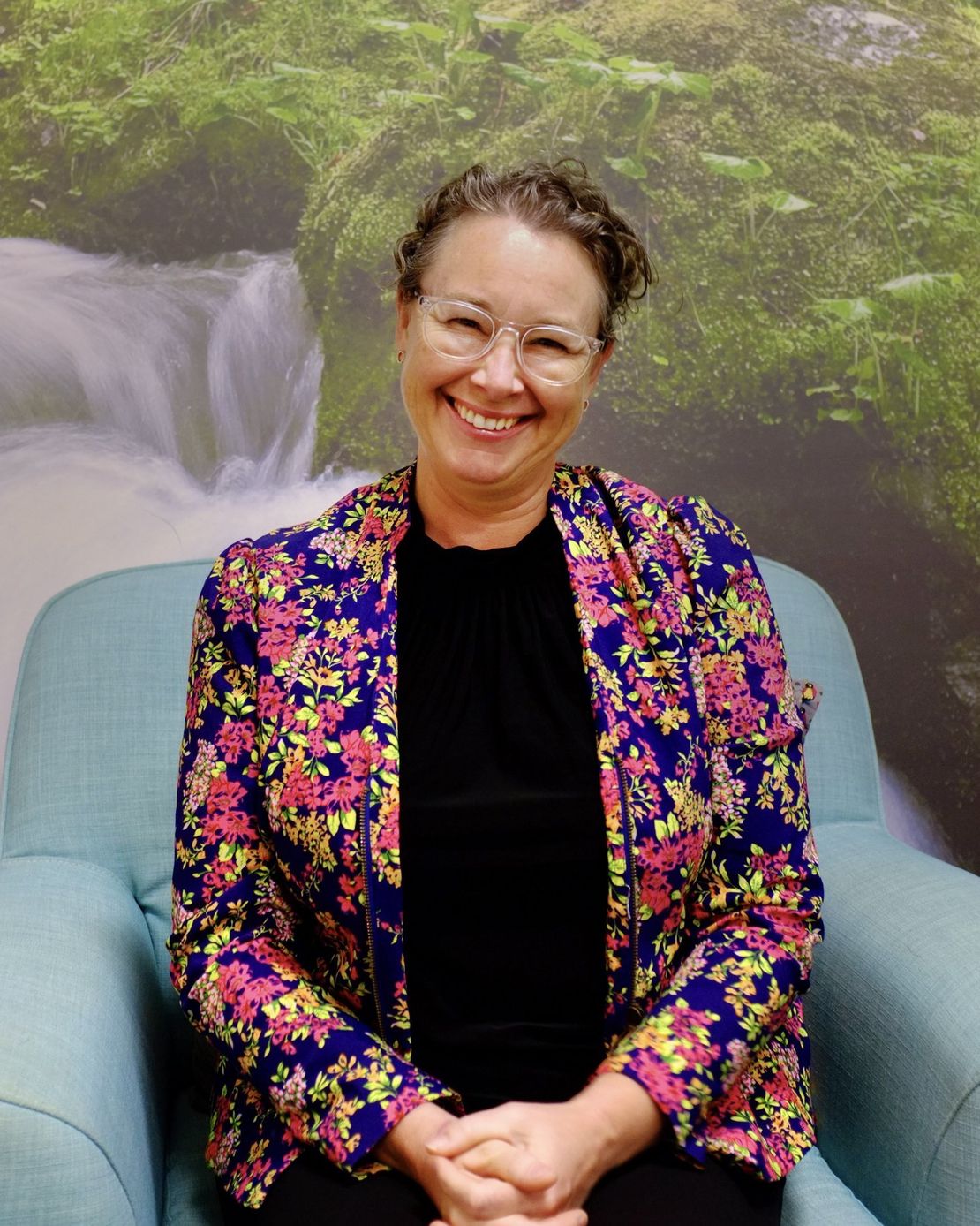
The Power of Early Intervention: Why Couples Should Seek Counselling Sooner Rather Than Later
- Alicia Kent-Rooney
- September 8, 2025
Unlocking Relationship Potential with Gottman Theory and Emotionally Focused Therapy (EFT)
For many of us, intimate relationships can bring both our greatest joy and deepest frustration. Have you ever noticed repeating patterns in your love life? Perhaps you’re always drawn to emotionally distant partners, or you feel overwhelmed when someone gets too close. These patterns often trace back to attachment styles—psychological blueprints shaped in early life that continue to influence how we connect as adults (Bowlby, 1969; Hazan & Shaver, 1987).
Understanding attachment can shed light on why we love the way we do, and how therapy can help us build healthier, more fulfilling relationships.
Why Do Couples Wait?
Dr. John Gottman, a pioneer in the study of marital stability, found that couples typically wait six years after problems begin before seeking counselling (Gottman, 1994). By this stage, resentment may have built up and unhelpful communication habits can feel automatic.
Couples often delay for reasons such as:
- Stigma or fear of judgment
- Belief that issues will “work themselves out”
- Hope that a partner will change without help
- Overlooking subtle warning signs like reduced affection or emotional distance
Unfortunately, by the time many couples seek help, small cracks have widened into deeper ruptures.
The Benefits of Early Counselling: Insights from Gottman Theory
The Gottman Method identifies patterns that predict satisfaction—and those that predict distress. Central to his findings are the Four Horsemen of the Apocalypse: criticism, contempt, defensiveness, and stonewalling (Gottman, 1994). When these patterns appear early and go unaddressed, they strongly predict relationship breakdown.
The earlier couples come to therapy, the easier it is to replace destructive habits with healthier alternatives:
- Swapping criticism for gentle, specific requests
- Expressing appreciation rather than contempt
- Listening openly instead of becoming defensive
- Staying emotionally present rather than shutting down
Emotionally Focused Therapy (EFT): Healing Through Connection
Developed by Dr. Sue Johnson, EFT is grounded in attachment theory and focuses on strengthening the emotional bond between partners (Johnson, 2019).
In EFT, couples learn to:
- Recognise and share vulnerable emotions (“raw spots”)
- Express needs rather than accusations
- Hear what lies beneath a partner’s words without rushing to respond
When couples enter therapy earlier, before years of hurt have built up, they’re often more able to access these emotions and create a secure attachment bond that fosters safety, trust, and intimacy.
Prevention Is Powerful
The old saying, “an ounce of prevention is worth a pound of cure,” applies to relationships. Early counselling can:
- Equip partners with effective communication tools
- Reduce the likelihood of entrenched resentments
- Strengthen emotional connection and resilience
- Provide a framework for ongoing relationship growth
Couples who seek therapy early often describe sessions as collaborative and constructive, focusing on building strengths rather than just managing crises.
Challenging the Stigma
Seeking support is not a sign of weakness—it’s a courageous investment in the health of the relationship. Both Gottman theory and EFT emphasise that miscommunication and conflict are inevitable in relationships. What matters is not whether couples argue, but whether they know how to repair, learn, and grow together.
Practical Steps for Seeking Help Early
- Notice early warning signs – less affection, repeated arguments, or emotional distance.
- Normalise therapy – view counselling like preventative healthcare or financial planning.
- Find the right fit – look for therapists trained in evidence-based methods like Gottman or EFT.
- Commit as a team – approach therapy with shared goals for growth and connection.
Conclusion
A strong relationship isn’t defined by the absence of conflict, but by the willingness to grow together. By seeking couples counselling early—before resentments calcify—partners give themselves the best chance at long-term happiness and resilience.
Contact UsIf you and your partner would like support in strengthening your relationship, consider speaking with a psychologist. Your GP can provide a referral under a Mental Health Treatment Plan.
References
- Gottman, J. M. (1994). What Predicts Divorce? The Relationship Between Marital Processes and Marital Outcomes. Lawrence Erlbaum Associates.
- Gottman, J. M., & Silver, N. (1999). The Seven Principles for Making Marriage Work.
- Johnson, S. M. (2019). Attachment Theory in Practice: Emotionally Focused Therapy (EFT) with Individuals, Couples, and Families. Guilford Press.


